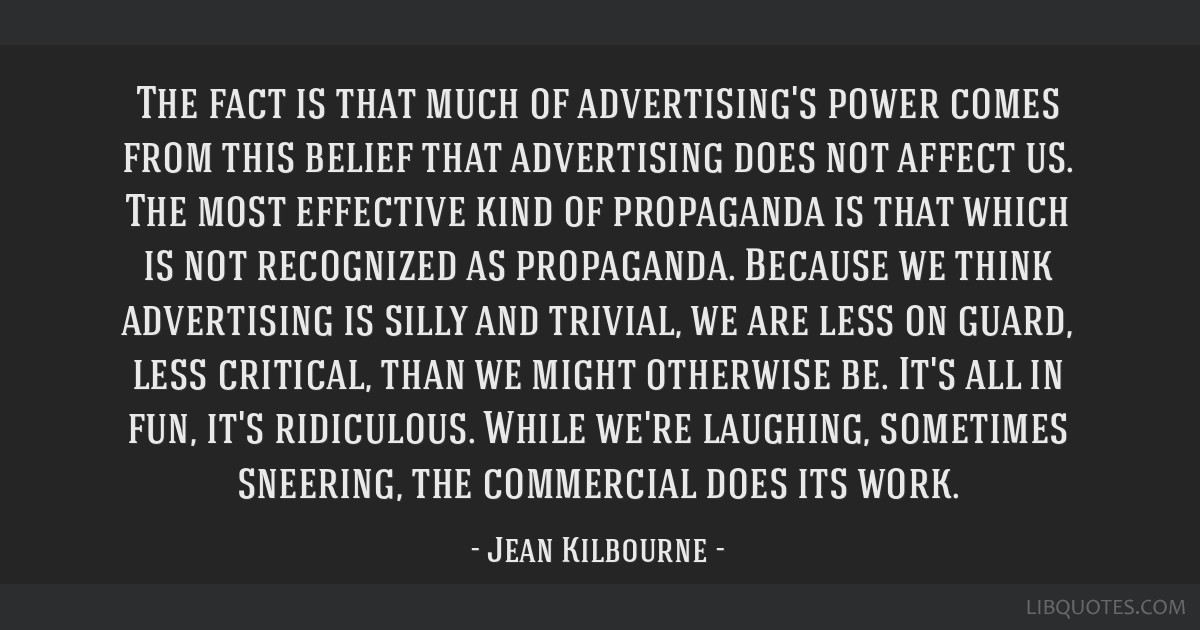Representation
- happen at a structural level in terms of institutional, companies and organisations
- happens at a textual level, individual images and films
- radical and reactionary
Toril Moi’s (1987) – distinction between ‘feminist’ ‘feminine’ and ‘female’
- feminist- a political position
- female – a matter of biology
- feminine – a set of culturally defined characteristics
Laura Mulvey (1975) : visual pleasure and narrative cinema
- visual pleasure and the signs of visual pleasure
- ‘the woman is seen as image and the man as the bearer of the look’
- the male gaze
- a world of imbalanced power and the power is sexual
- ‘the pleasure in looking is split between the active male and the passive female’
- womens appearances are coded for strong visual and erotic impact
- ‘scopophilia’ – pleasure in looking
- ‘vouyerism’ – sexual pleasure gained in looking
- ‘fetishism’ – the quality of cut out, stylised and fragmented
Jacques Lacan – ‘the mirror moment’
- highlighting the parallel between the ‘mirror stage’ of child development and the mirroring process that occurs between audience and screen.
sexualising in music videos
- woman sexualised in music videos
- first wave of feminism = suffragettes
- second wave of feminism = late 60’s/70’s society structured around male experience
- third/fourth wave of feminism = more radical e.g. #metoo movement and #freethenipple
Raunch culture
- performers believe they are powerful owners of their own sexuality – Hendry & Stephenson
Intersectionality: Queer Theory
Ariel Levey
Judith Butler
Bell Hooks
Jean kilbourne
- Kilbourne is internationally recognized as an expert on addictions, gender issues, and the media.
- Jean Kilbourne has transformed the way in which organizations and educational institutions around the world address the prevention of many public health problems including smoking, high-risk drinking, eating disorders, obesity, sexualization of children, and violence against women.
- part of second wave femininsm

